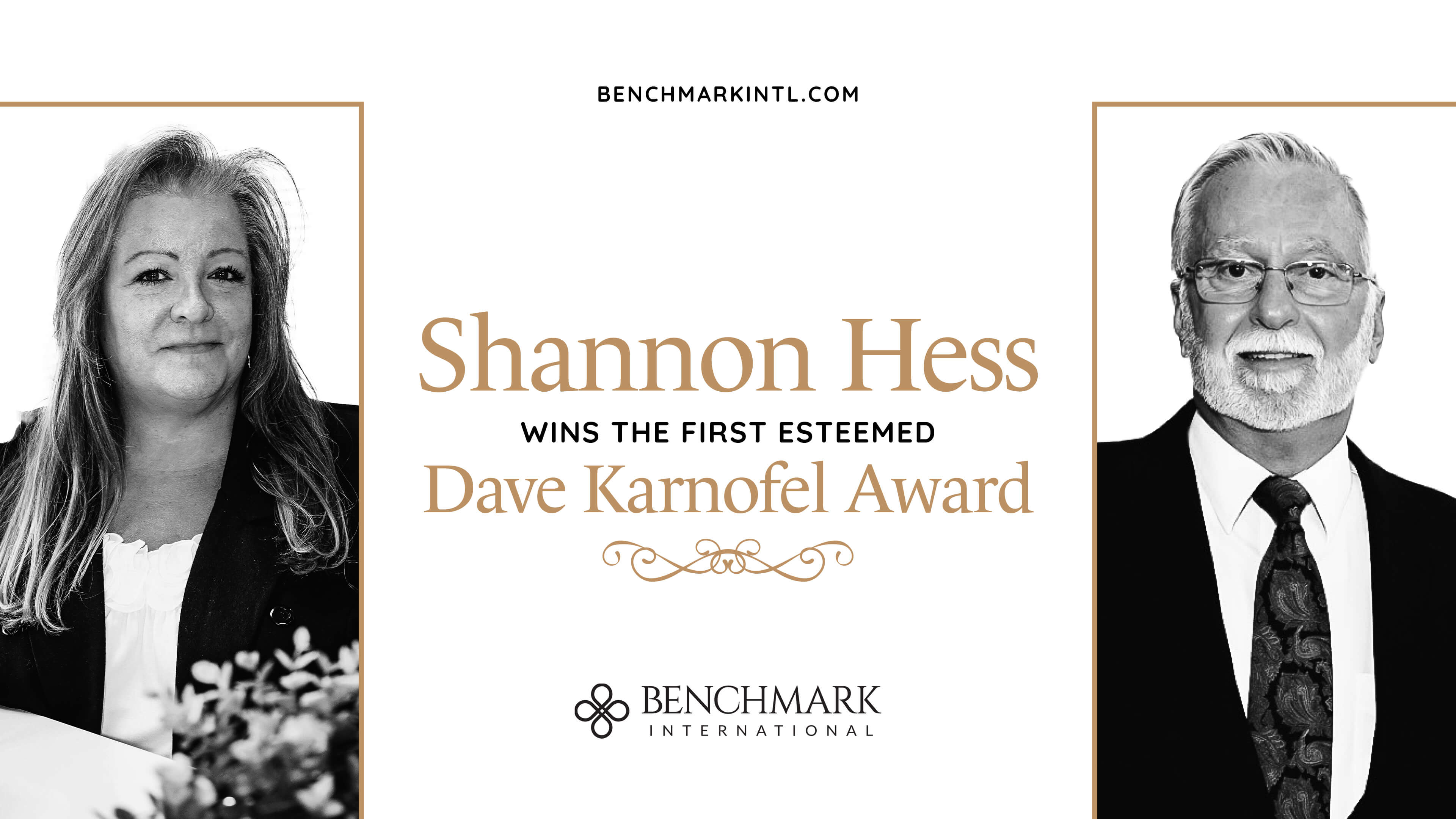
An ESOP is an Employee Stock Ownership Plan under which staff members acquire interest in the company through a particular benefit plan. This type of plan is designed to incentivize employees to act in the best interest of business and stay focused on company performance since they themselves are shareholders and will want the stock to do well. A study by Rutgers found that companies grow 2.3% to 2.4% faster after setting up an ESOP.
ESOPs are established as trust funds and can be funded when companies:
- Put newly issued shares into them
- Put in cash to purchase existing company shares
- Borrow money through the entity to buy shares
If the plan borrows money, the business contributes to the plan to facilitate repayment of the loan. Contributions are tax-deductible and employees pay no tax on them until they leave or retire. If an ESOP owns 30% or more of company stock and that company is a C corporation, owners of a private company selling to an ESOP can defer taxation on gains by reinvesting in securities of other businesses. S corporations can also have ESOPs and the earnings attributable to the ESOP's ownership are not taxable.
Companies of all sizes use ESOPs, from small family-owned businesses to large publicly traded corporations. Company leadership usually offers employees stock ownership with no upfront costs. It is common for distributions from the plan to be linked to vesting, which is the proportion of shares earned per each year of service. The shares may be held in a trust for safety and growth until the employee resigns or retires—they cannot take the shares with them. If an employee is fired, they usually only qualify for the amount they have vested in the plan. Once fully vested, the business buys back the vested shares from the departing employee and the money goes to that employee in the form of either one lump sum or periodic payments. After the business buys back the shares and pays the employee, the shares are either redistributed or voided.
ESOPs offer several benefits for the ownership, the company, and its employees. Owners gain liquidity and asset diversification, they can defer capital gains taxes on proceeds, and they maintain upside potential and leadership in the company. Companies get tax deductions on sale amounts, can become income tax-free entities, and have a tool to retain and attract talent. Employees secure retirement benefits and enjoy having a real stake in the company they work for.
It should be noted that employee ownership does not mean that employees are more involved in operations or running the business. They are not entitled to receive financial or strategic information. They are given a summary plan description and annual statements for their account. In some cases, employees may be granted certain voting rights.
ESOPs and Exit Planning
ESOPs are often used in succession planning as a strategy for liquidity and transition. Around two-thirds of ESOPs provide a market for the shares of a departing owner of a profitable business. Others are used as a supplemental employee benefit plan or as a way to borrow money in a tax-favored manner. Because ESOP transactions are flexible, they enable ownership to either withdraw slowly over time or all at once. Owners may sell anywhere from one to 100% of their stock to the ESOP, allowing them to stay active in the company even after selling all or most of it.
Additionally, ESOP transactions provide more confidentiality than third-party sales. Because confidential information does not need to be shared with prospective buyers, it eliminates risk of detriment to the business. An ESOP transaction is also known to offer a greater certainty of closing versus sale to a third party, and terms of the transaction are arranged to be fair to the ESOP and its members. It is also considered to be more conducive to maintaining healthy company culture because it aligns the interests of ownership, management, and employees.
Other Types of Employee Ownership
In addition to ESOPs, companies can offer employees the following options:
- Direct-purchase programs that allow employees to buy shares of the company with their personal after-tax money.
- Stock options that offer employees the chance to purchase shares at a fixed price for a set period of time.
- Restricted stock, which gives employees the rights to acquire shares as a gift or purchase after reaching certain benchmarks.
- Phantom stock, which provides employees with cash bonuses equal to the value of certain shares based on performance.
- Stock appreciation rights that allow employees to raise the value of an assigned number of shares, which are usually paid in cash.
Let’s Talk About Your Future
If you’re ready to make a move with your company, we’re ready to make the most of the process for you. Contact one of our esteemed M&A advisors at Benchmark International and we can begin writing the next chapter of your success story.
Americas: Sam Smoot at +1 (813) 898 2350 / Smoot@BenchmarkIntl.com
Europe: Michael Lawrie at +44 (0) 161 359 4400 / Enquiries@BenchmarkIntl.com
Africa: Anthony McCardle at +27 21 300 2055 / McCardle@BenchmarkIntl.com
ABOUT BENCHMARK INTERNATIONAL
Benchmark International’s global offices provide business owners in the middle market and lower middle market with creative, value-maximizing solutions for growing and exiting their businesses. To date, Benchmark International has handled engagements in excess of $6B across various industries worldwide. With decades of global M&A experience, Benchmark International’s deal teams, working from 12 offices across the world, have assisted hundreds of owners with achieving their personal objectives and ensuring the continued growth of their businesses.
Website: http://www.benchmarkintl.com
Blog: http://blog.benchmarkcorporate.com
 Benchmark International
Benchmark International  Benchmark International
Benchmark International 


.jpg?width=1200&name=What_is_an_ESOP_Social(2).jpg)



